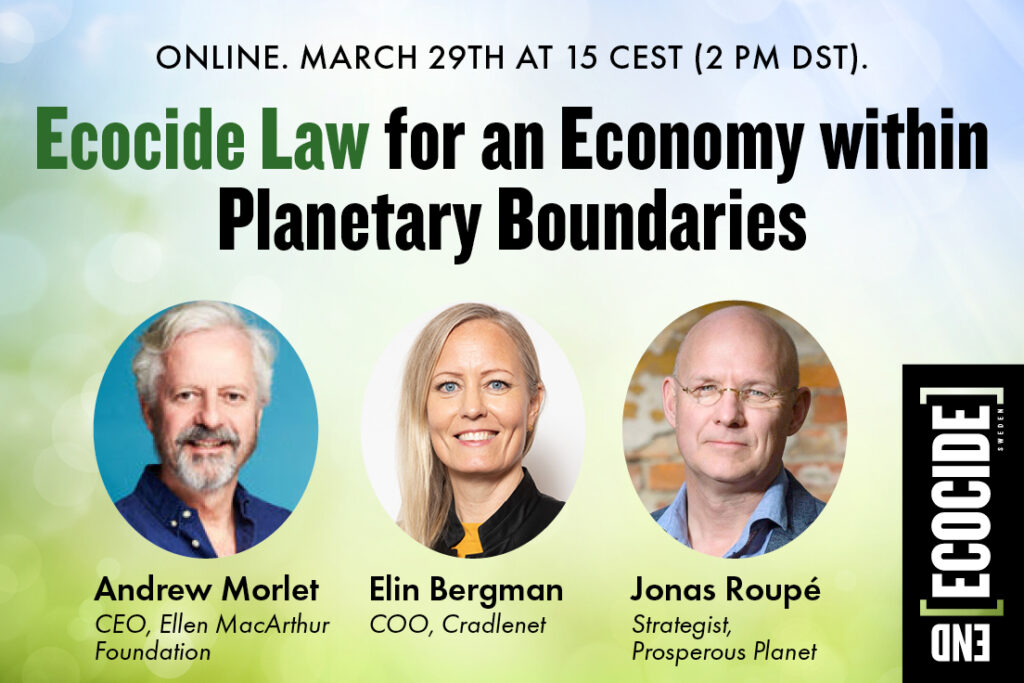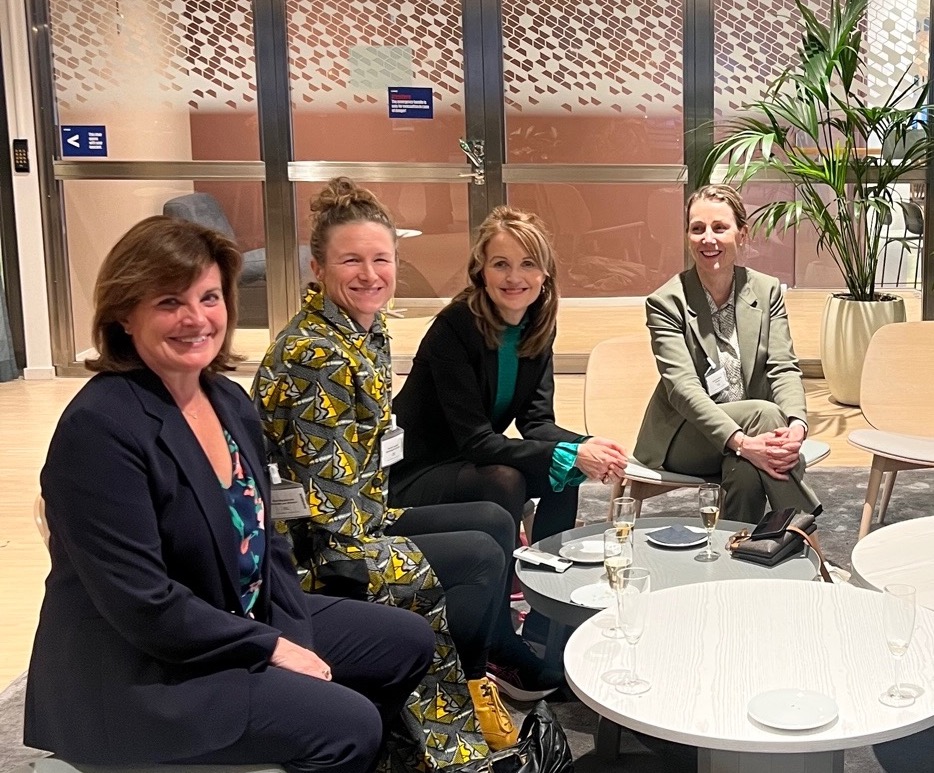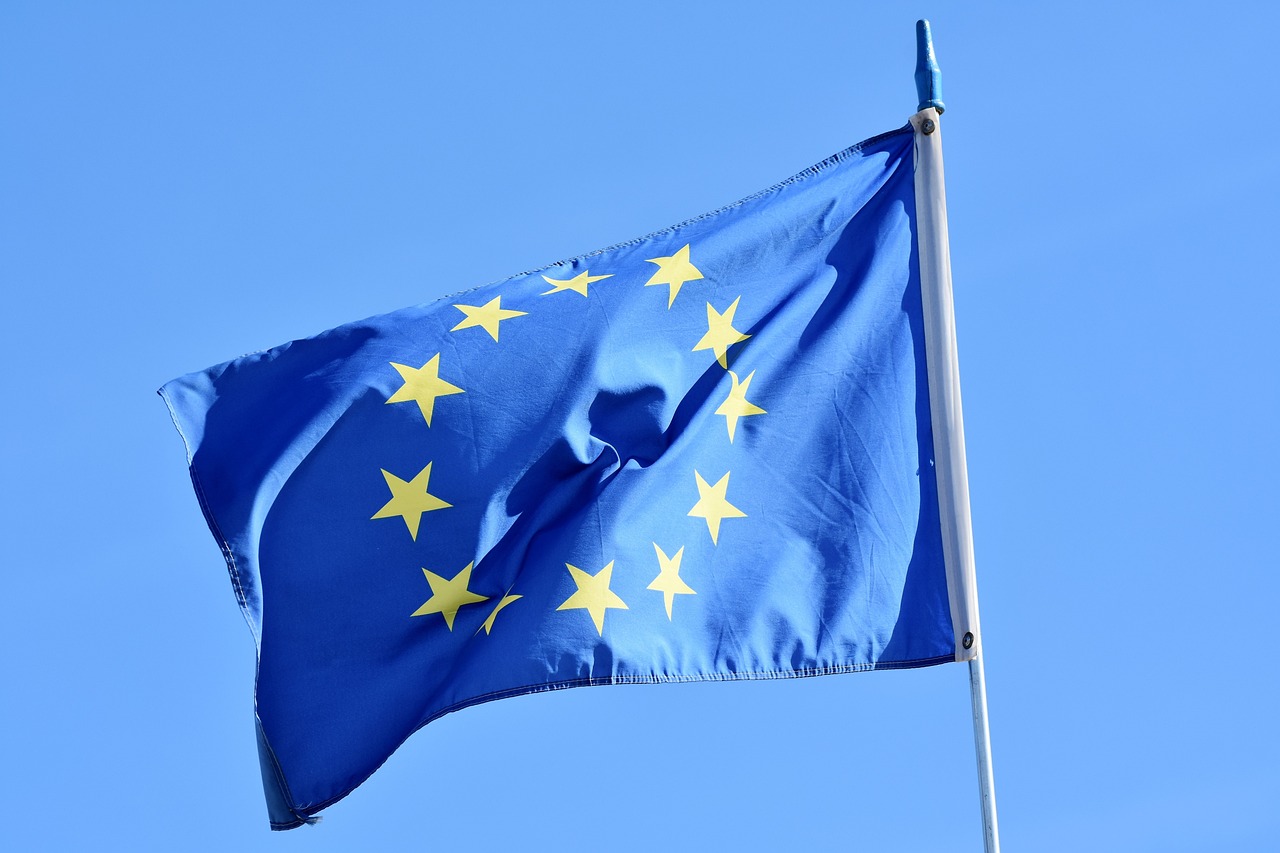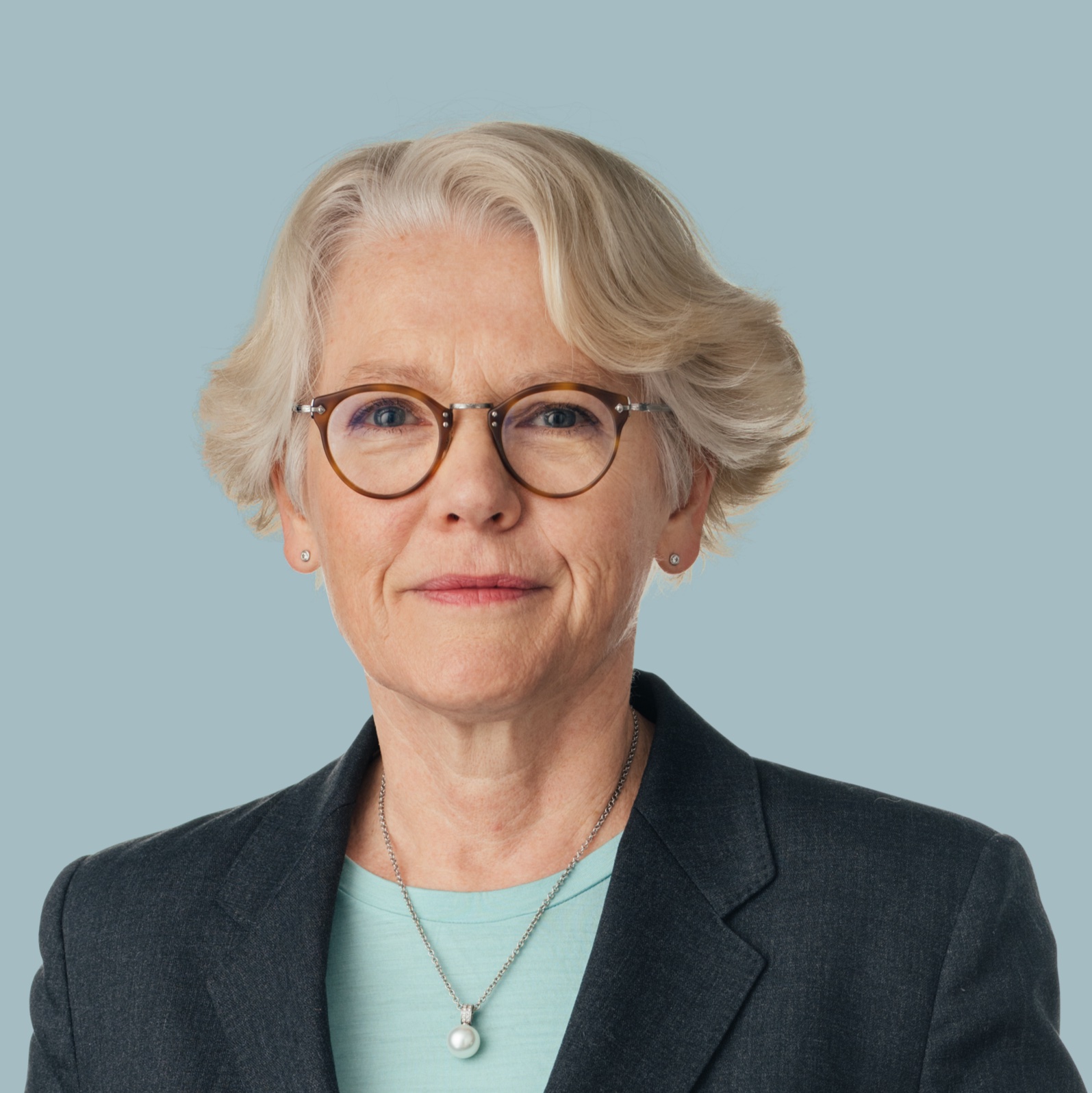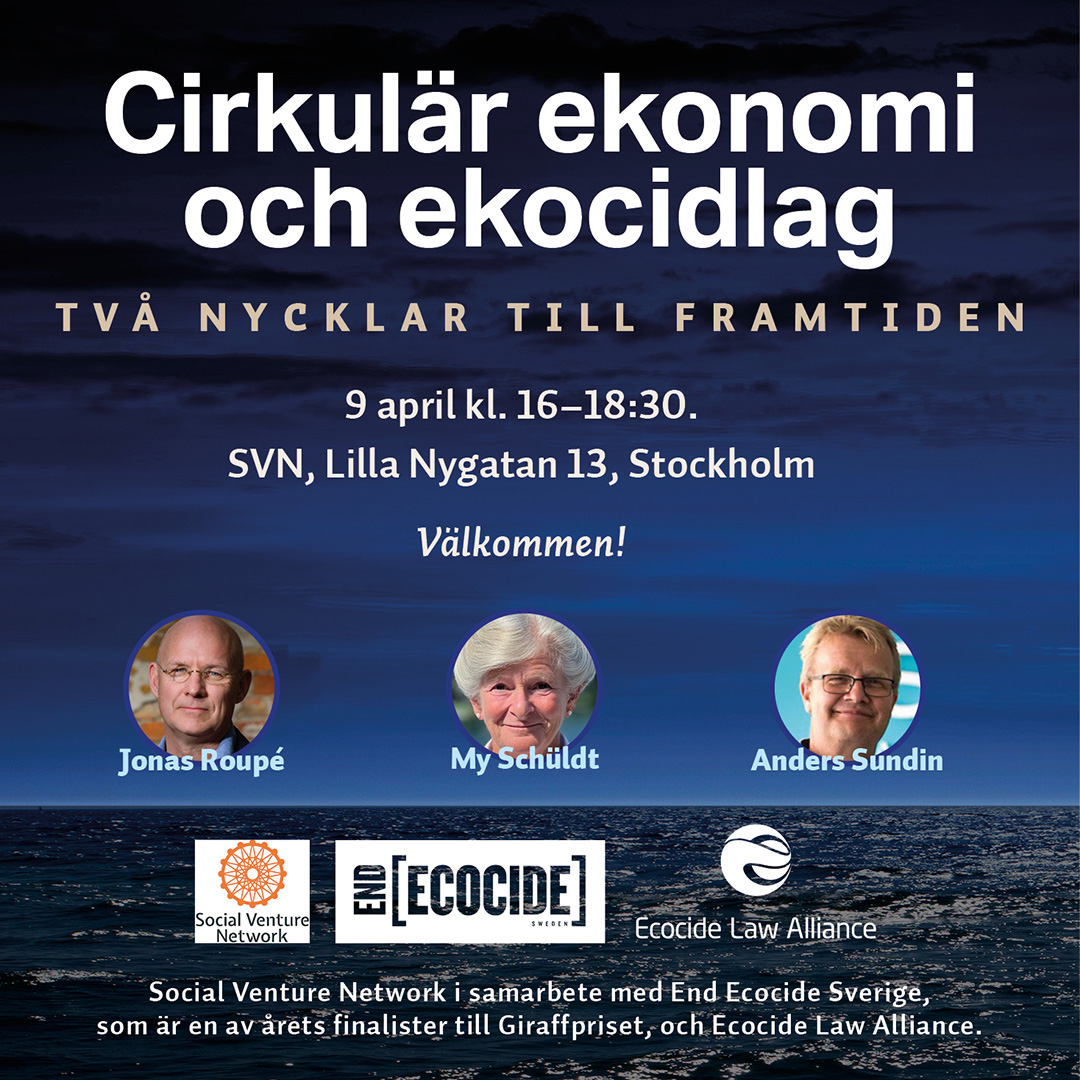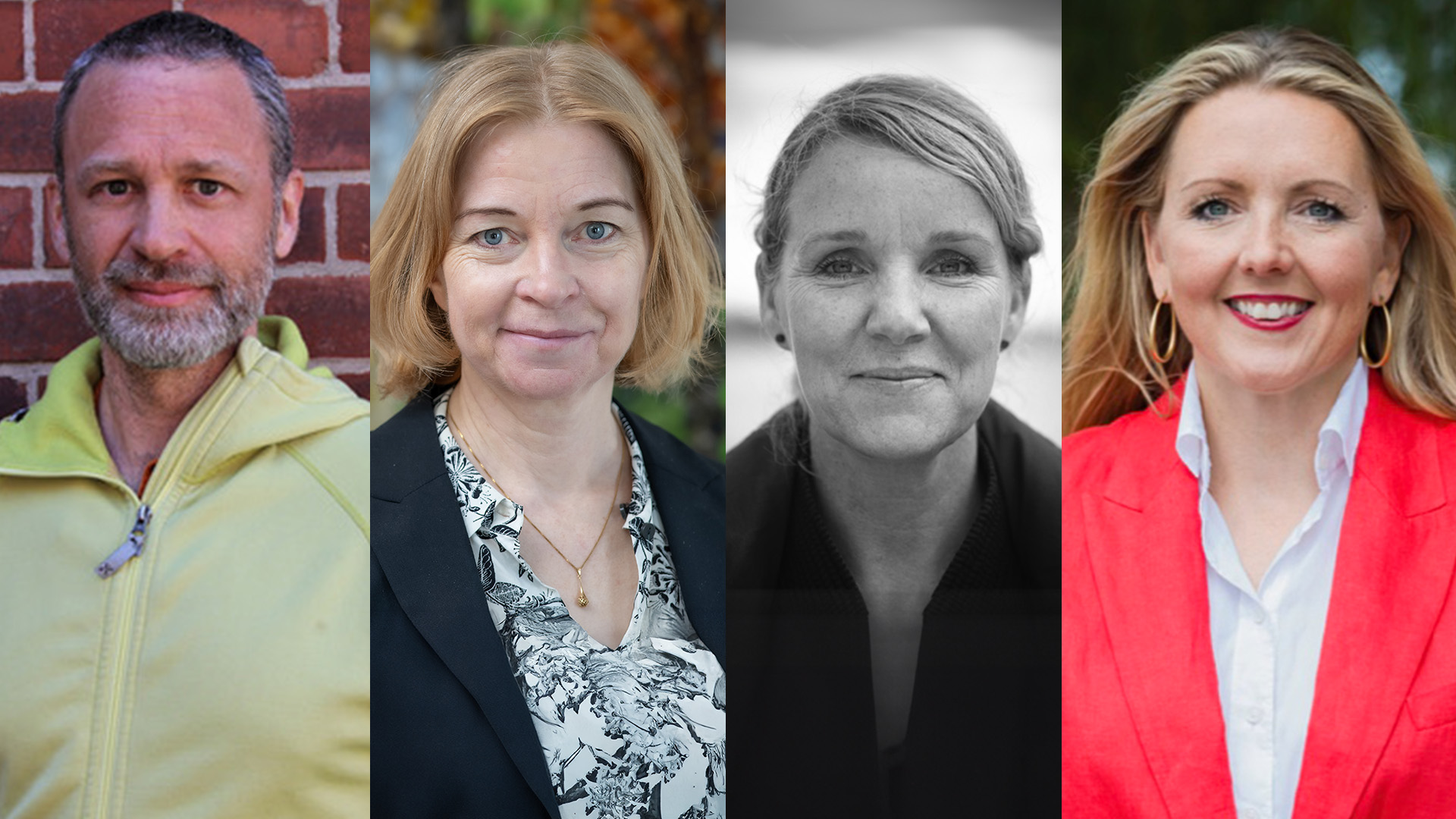A webinar on economics and ecocide law based on the report Ecocide law for an Economy within Planetary Boundaries.
Missed the webinar? Never mind, the recording is here.
Panelists:
Andrew Morlet, CEO of the prestigious Ellen MacArthur Foundation, which promotes a circular economy for the benefit of people, business and the natural world;
Elin Bergman, COO of Cradlenet, a network for businesses and organisations working to become circular;
Jonas Roupé, Strategist at Prosperous Planet and co-author of the report ‘Ecocide Law for an Economy within Planetary Boundaries
Highlights from the report.
A 2-page summary of the report is available here.

